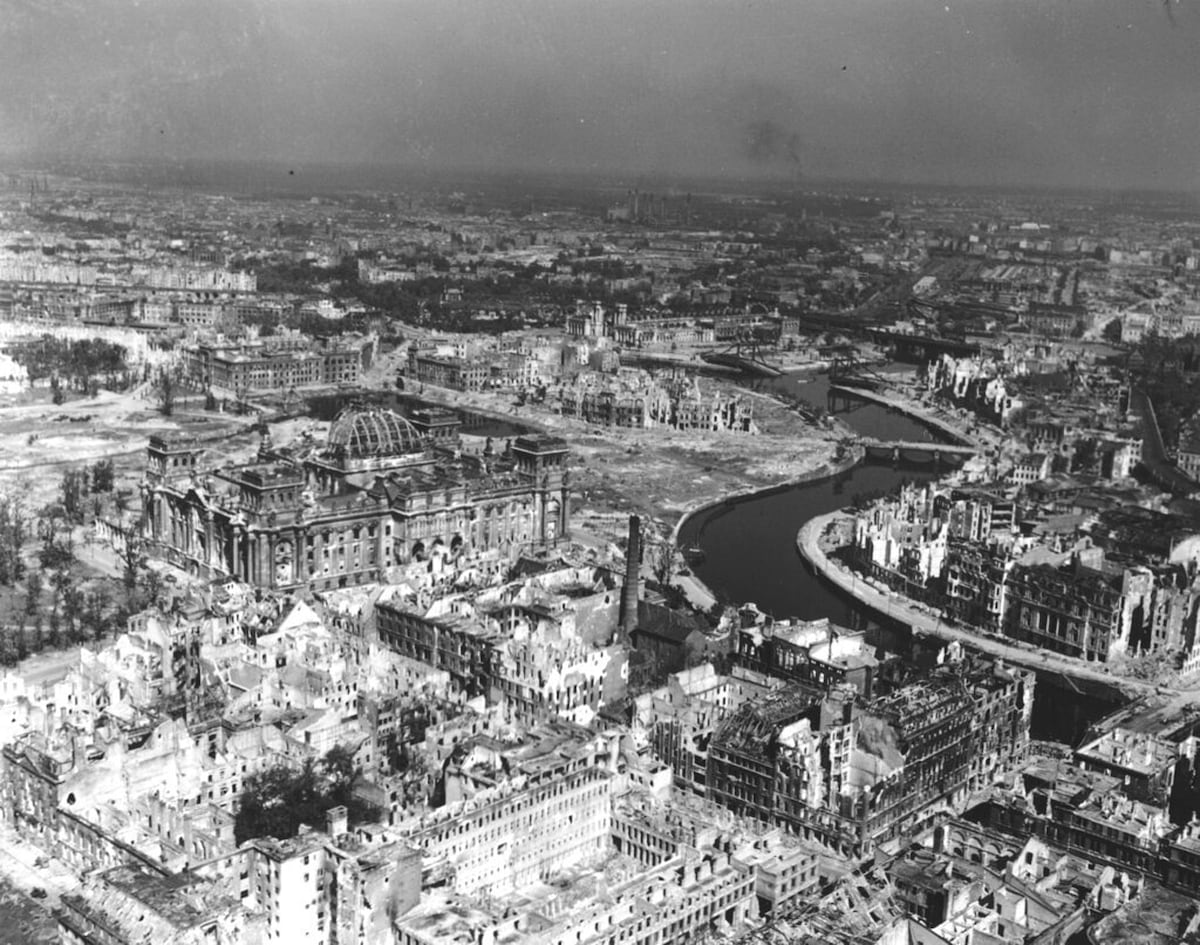
"The conflict left a devastated continent where, as historian Keith Lowe explains, there was no morality, only survival, raising the essential question: how could it have happened?"
"Historian Keith Lowe highlights the devastation post-WWII Europe faced, with millions dead, homeless, and the horrors of Nazi camps being unveiled, prompting intense reflection on morality and survival."
"Although countless books have been published on WWII, with prominent historians like Antony Beevor and Max Hastings contributing, unresolved questions and taboos remain regarding the war's complexities."
"The first investigative works were published shortly after the war, exemplified by Hugh Trevor-Roper's bestseller 'The Last Days of Hitler,' which significantly shaped public understanding of those final moments."
As the 80th anniversary of the end of World War II in Europe approaches, reflections on the conflict reveal a continent marked by devastation and moral ambiguity. Historian Keith Lowe emphasizes that in the aftermath, survival took precedence over morality. The unveiling of Nazi atrocities and a staggering refugee crisis prompted inquiries into the events that led to this dark chapter. Numerous authors, such as Hugh Trevor-Roper and contemporary historians like Antony Beevor, have documented various facets of the war, yet many essential questions and taboos remain largely unexplored, underscoring the complexities of this historical event.
Read at english.elpais.com
Unable to calculate read time
Collection
[
|
...
]